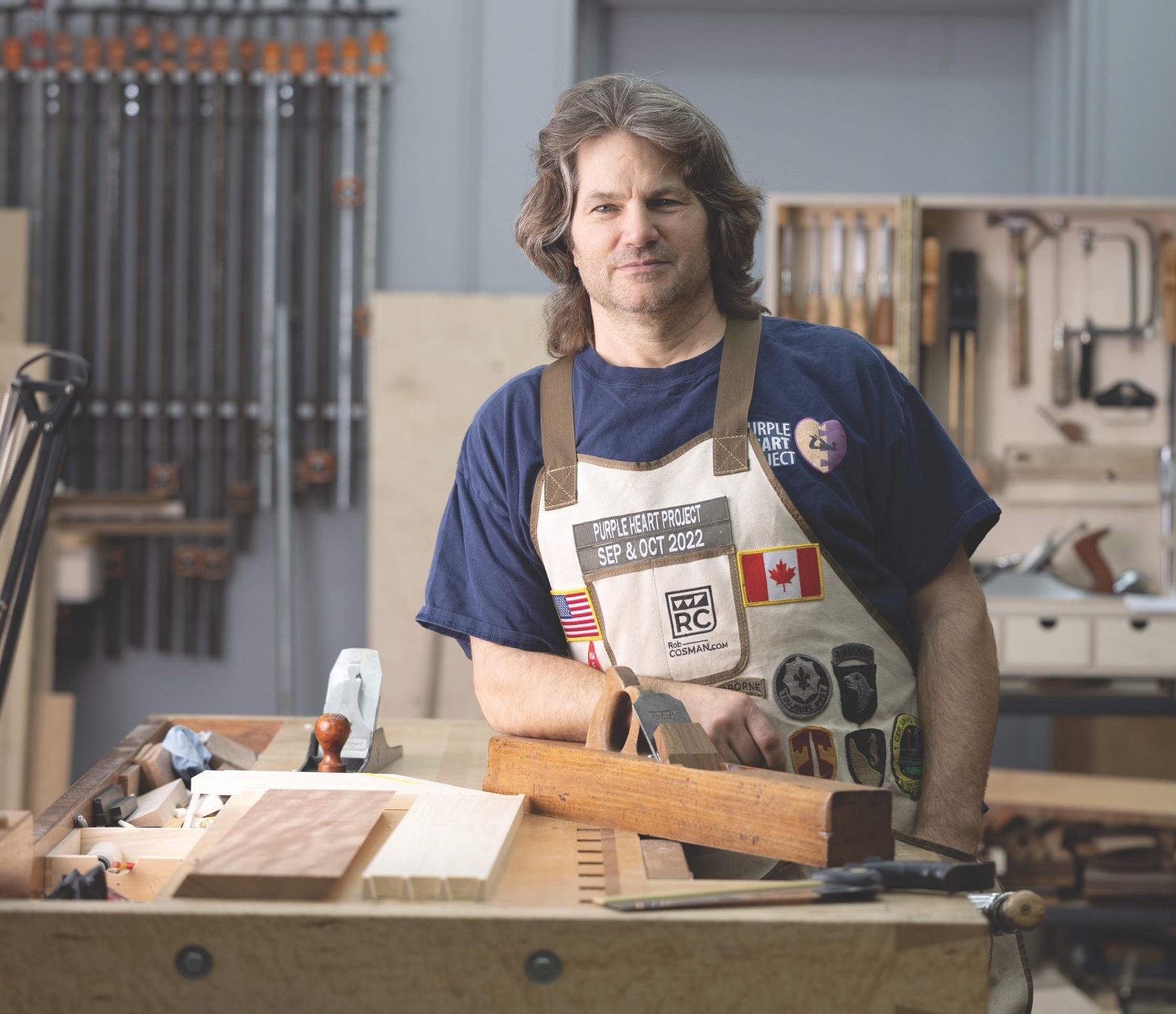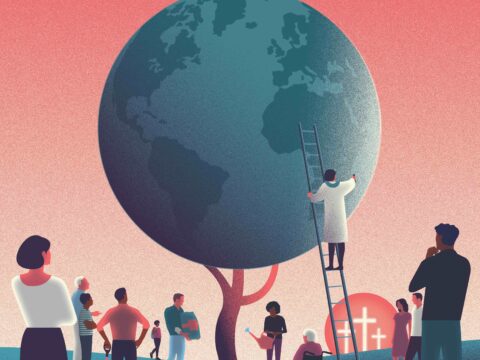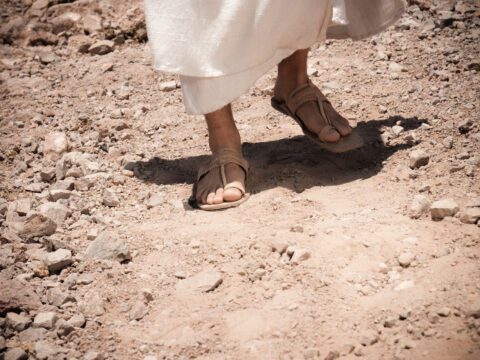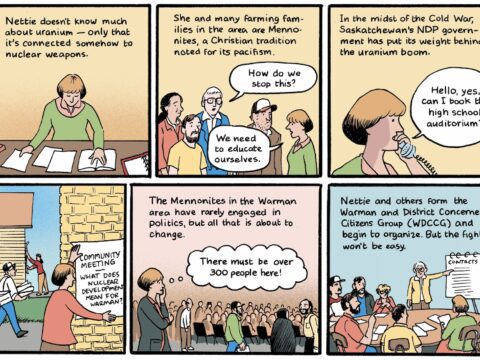For veterans, trauma isn’t limited to memories of battle — back home, they can feel misunderstood by civilians or have difficulty obtaining and maintaining employment. The Purple Heart Project wants to alleviate that. In this program, Rob Cosman, a woodworker in Grand Bay, N.B., introduces veterans coping with physical or mental injuries to the therapeutic benefits of traditional woodworking with hand tools. To date, the non-profit has trained more than 150 former soldiers from around the world.
Mindset The military breaks soldiers down to a blank slate and rebuilds them with the understanding that nothing matters except the lives of their fellow fighters — if there’s a hand grenade, you jump on it to protect your men. Now, you’re lucky in life if you have just one friend who would do that for you. In the military, though, you have these guys who go to war for people they’ve never met. Whether or not you agree with war, you can’t take anything away from the soldier whose job it is to respond.
You may unsubscribe from any of our newsletters at any time.
But when soldiers are discharged, the military doesn’t return them to being civilians; there’s not even the attempt to unwind them from the military. The government just pops veterans back into society, and these guys can’t handle it. In the United States, the suicide rate is 22 per day. Of course, a lot of veterans then have to turn to alcohol or drugs to help them subdue that anxiety and all the rest of the things they deal with.
Inspiration In March of 2016, I got an email from this guy who was looking for a dovetail saw and thought I had the best one, but he couldn’t afford it. He was a combat wounded Marine who’d gotten blown out of a Humvee in Iraq and was living on a small military pension. His closing statement caught my attention: “Ever since I got involved in hand tool woodworking, it’s the first time I found any peace from the physical and the mental pain I suffered from.”
Now, back in the early 2000s, I’d been invited to teach at Sheridan College in Oakville, Ont. They asked me if I would develop a five-day workshop in hand tool woodworking, so I did. It was called “Training the Hand,” and it was designed to take a novice or even an intermediate woodworker and in one week, walk them through all of the fundamental skills. Then I taught the workshop in Calgary, Seattle, Niagara Falls and brought it home to New Brunswick.
When I started teaching it, the average guy in the class was 50 years old, upper middle class and totally stressed out. Over the course of the five, very long days, you’d watch these guys de-stress and it was like seeing a balloon deflate. It was really rather amazing. So, when this young man emailed me, I thought, “Wow, maybe this is something we should be doing for these guys,” meaning combat wounded veterans.
More on Broadview:
- Former athlete’s sewing lessons boost kids’ self-esteem
- This Indigenous entrepreneur wasn’t dissuaded by 170 funders saying ‘no’
- Gaps in foster care for Muslims led Zena Chaudry to create her own agency
Teamwork Each class has veterans and civilians. Before long, instead of several struggling individuals, it becomes one group figuring things out together. The civilians get a taste of veterans’ lives. The veterans, who don’t normally hang out with civilians, make friends that they wouldn’t have otherwise. It becomes one big happy family. The creative aspect of just building something with your hands certainly is a part of it, and the show of compassion and gratitude certainly has something to do with it too. I always tell people, “Remember who else was a carpenter.” All of that creates this camaraderie in this atmosphere where these veterans feel comfortable for the first time since they’ve left the military.
Impact We give veterans something creative to do. We all do things at the end of a day where we’re daydreaming while we’re doing them. But when you’re cutting a dovetail — that’s the joint you use when you make a drawer — you can’t carry on a conversation and you can’t daydream because it requires all of your focus. So, what these guys tell me is when a bad spell comes, they can go to their shop and time stands still. It’s like stepping into a different world.
The way wood was processed 150 years ago, it was all done by hand. They used hand saws, chisels and hand planes. Everything was done without the aid of electricity. Today, there’s a growing movement towards that because of the relaxation factor. There’s no dust, there’s no danger and there’s no noise, so it’s very peaceful. There’s a deep sense of satisfaction when you create a piece of furniture from a rough piece of wood with your own hands and your own imagination. It’s a really encompassing craft.
***
This interview has been edited and condensed for length and clarity. It first appeared in Broadview’s April/May 2023 issue with the title “Rob Cosman.”
Leslie Sinclair is a freelance journalist in Toronto.














How does a veteran apply for this program in new Brunswick?
It looks like you can apply to the program through their website. https://www.thepurpleheartproject.org/